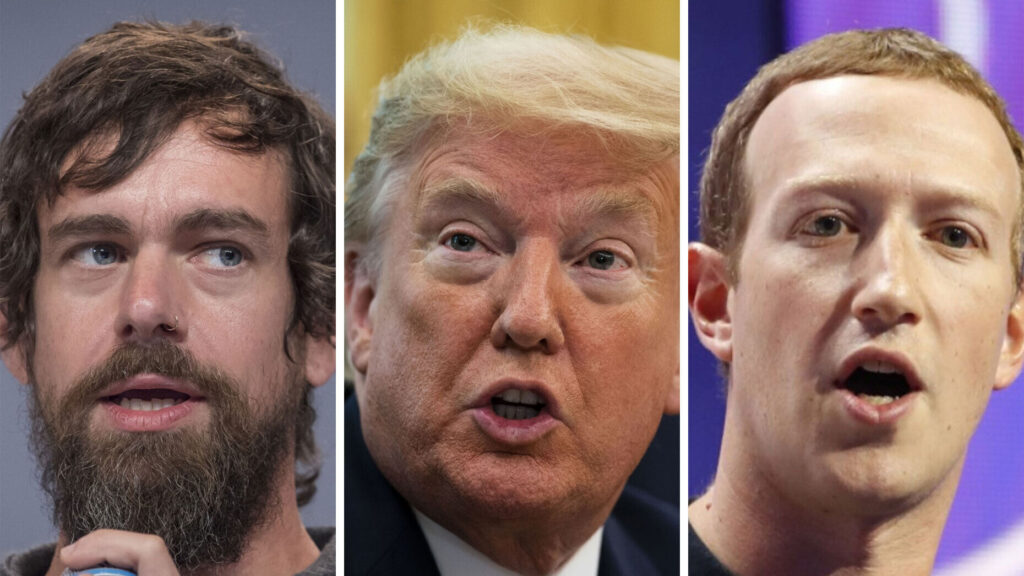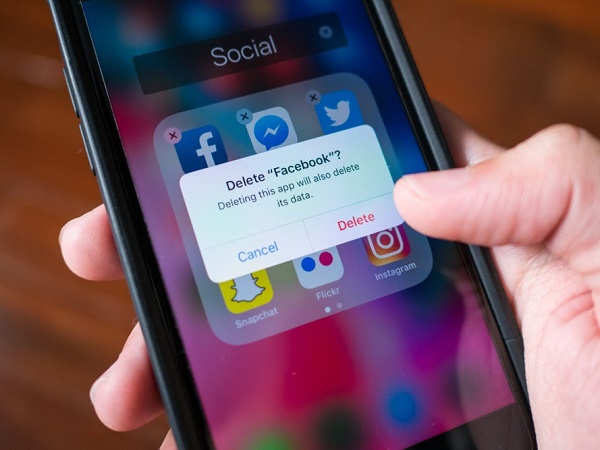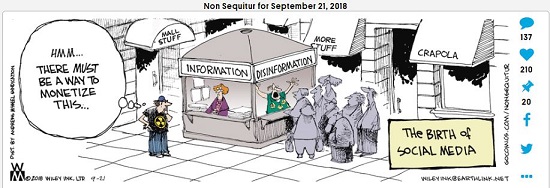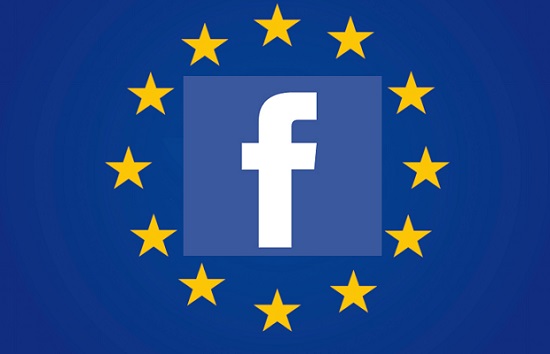
Facebook’s antics have caught up with it. Facebook’s original objective was to connect individuals with each other. It was a computerized superset of what was known to college students of an earlier generation whose primary use was often to look at pictures of the opposite sex to see if they were attractive and of an appropriate height. It did have addresses but no telephone numbers. And, of course, no email address. As technology evolved, the information was put onto the Internet. And because of the large concentration of college students in the Boston, MA area who were tech-savvy, it was predictable that it would be where this would happen first. Harvard student Mark Zuckerberg co-founded Facebook, which initially dealt with interpersonal communications. And as it evolved people found it useful for communicating among groups of relatives or friends. And if it had continued to play this role, Facebook would not have run into the problems that have caused Zuckerberg to be forced to testify to the U.S. Congress in 2018. But in 2007 the company introduced Facebook Ads, which made the company a lot of money. However, some of the content posted on Facebook seriously offended the advertisers, who are giant corporations, and an increasing number have boycotted Facebook. Even though Facebook is losing these advertisers Zuckerberg cries all the way to the bank.








